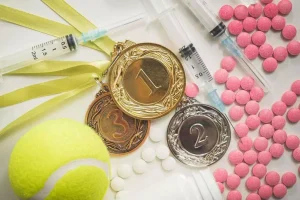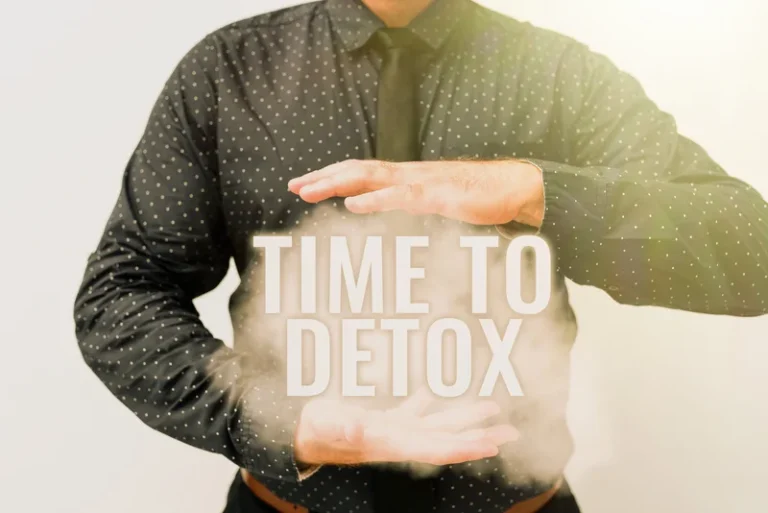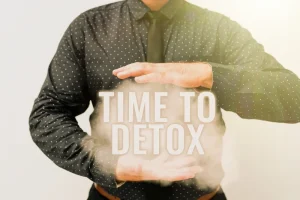
Yes, alcohol has a diuretic effect, which means that consuming alcohol increases urine production and leads to fluid loss and dehydration. Eating food before or during drinking can help slow down the absorption of alcohol into the bloodstream, which can reduce its dehydrating effects. Additionally, foods with high water content, such as fruits and vegetables, can help counteract the dehydrating effects of alcohol.
- For every standard drink you consume (10 mL of alcohol), you are likely to urinate 100 mL more than you drink.
- The best way to quickly rehydrate is to regain the minerals flushed out due to excessive urination.
- After all, waking up on Christmas morning with screaming kids and a raging hangover is the opposite of holiday cheer.
- If you’re drinking at altitude, you should probably start out with less alcohol than usual.
- The more you drink in a single setting, the more dehydrated you will become.
Signs of Dehydration After Drinking Alcohol

Research published in Circulation found that potassium mitigates the adverse effects of alcohol on cardiovascular function and reduces the risk of high blood pressure. A high-potassium electrolyte powder containing at least 1,000 milligrams of potassium can help counteract fluid loss caused by alcohol and reduce the risk of having a hangover. Consuming alcohol on an empty stomach causes rapid intestinal alcohol absorption, amplifying the dehydrating effects of alcohol. While drinking plenty of water is crucial to compensate for the fluid loss caused by alcohol, water alone will not hydrate you. Rehydrating after consuming alcohol helps alleviate dehydration and can reduce the likelihood of a hangover. Occasional alcohol-related dehydration tends to manifest in symptoms commonly known as a hangover and can typically be managed without medical attention.
Alcohol’s diuretic effect
According to the Society for Endocrinology, ADH is produced and released by the pituitary gland. It's the reason why you can usually sleep through the night without having to urinate. And when ADH release is suppressed, your body's natural mechanism for holding onto fluid ceases to function. This is important because increased urination flushes electrolytes and nutrients out of your system, as well as fluid. "It's important to replenish fluids after drinking, or better yet, while drinking," Sternlicht says. Our body requires water and fluids to maintain normal functions.
Does Alcohol Dehydrate You? Understanding The Health Risks
If these detectors reckon that you are dehydrated, they send a signal to the posterior pituitary gland, which starts pumping out ADH. The job of ADH is to stop you urinating, so you hang on to your precious water. While beer typically has a lower alcohol volume than other alcoholic beverages such as liquor, it still has enough to cause dehydration.
And above all, limiting your alcohol consumption in general is the best way to avoid dehydration. When muscles and organs are deprived of water, they can shrink—including the brain. If the brain shrinks away from the skull, it can cause a dehydration headache, but when alcohol enters the fray, another factor is introduced that may induce headaches in some people. Steatotic liver disease develops in about 90% of people who drink more than 1.5 to 2 ounces of alcohol per day. “Some people think of the effects of alcohol as only something to be worried about if you’re living with alcohol use disorder, which was formerly called alcoholism,” Dr. Sengupta says. Studies reveal that adult men and women should drink no more than four standard drinks on any one occasion.

The key to avoiding dehydration is to pay attention to how your body responds to alcohol. Each of these can be a contributor to alcohol-related headaches, but dehydration is a close threat when partaking in any alcoholic beverage. Even drinking a little too much (binge drinking) on occasion can set off a chain reaction that affects your well-being. Lowered inhibitions can lead to poor choices with lasting repercussions — like the end of a relationship, an accident or legal woes. Each of those consequences can cause turmoil that can negatively affect your long-term emotional health. The morning after a night of over-imbibing can cause some temporary effects on your brain.

Drink Water Before Drinking Alcohol
So don’t mix your alcohol with these or drink them between alcoholic beverages. Drinking water before, during, and after alcohol consumption can help prevent dehydration. Water can help replace lost fluids, maintain electrolyte balance, and aid kidney function. You may experience increased urination, sweating, and other means of bodily waste disposal when you drink alcohol.

In Shakespeare's play, Macbeth, the porter says that alcohol promotes "nose�painting, sleep and urine". We humans have been making and drinking alcohol for thousands of years. Thirst, lightheadedness, and dark urine are three signs of dehydration, but there are many others to watch out for. Added sugar creates extra acid, which makes it harder for your body to store water. Salty foods, like chips does alcohol make you dehydrated and other snacks, are also risky when it comes to staying hydrated. One glass of liquor drunk slowly over the course of an evening will be less dehydrating than having several beers or glasses of wine during the same time frame.
- So what can you do to make sure you don’t get that infamous hangover headache caused by dehydration?
- There is no "safe" level of alcohol in your bloodstream, but there is evidence that side effects increase alongside BAC.
- Replenish fluids and minimize alcohol dehydration symptoms by drinking at least one glass of water for each alcoholic drink you consume.
- In this article, we describe how alcohol dehydrates the body and provide tips on how to counteract dehydration due to alcohol consumption.
- Again, instead of drinking large quantities of water all at once, you may want to sip on fluids throughout the day as it may be easier for your body to handle.
Dr. Sengupta shares some of the not-so-obvious effects that alcohol has on your body. Most importantly, LivPur Hydration helps replenish the loss of vitamin B12, which is considered the most important hangover helper. Reframe supports you in reducing alcohol consumption and enhancing your well-being. If you have a full stomach, it can essentially slow down the absorption of alcohol. Dehydration contributes to hangovers but is just a piece of the puzzle.
